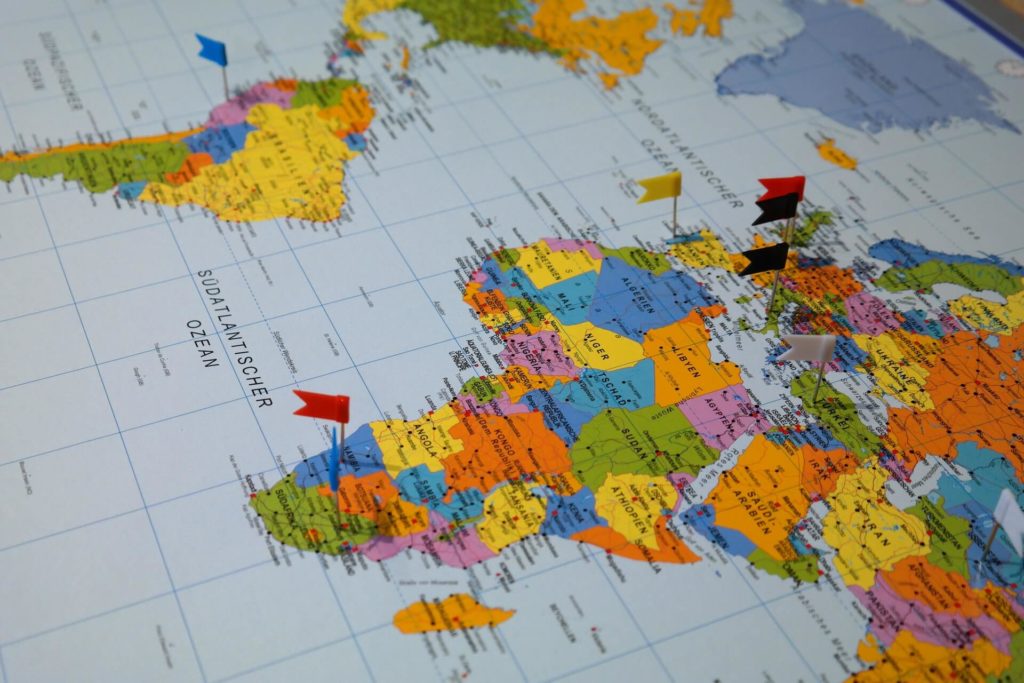The Fourth of July is an American holiday celebrating the Declaration of Independence from the British Empire in 1776 (sorry ULG’s London office). Like more formal holidays like Christmas or Thanksgiving, Americans use this holiday as an excuse for another family get together.
In between spending time outside with friends and family and watching fireworks, some Americans will remember the efforts of the Founding Fathers who gave birth to their nation. With all their virtues and faults, famous figures such as George Washington, Thomas Jefferson, Ben Franklin, and John Hancock are an enormous part of America’s historical consciousness.
Foreign Heroes
Along with efforts from many Americans, the revolution relied heavily on aid from France. A pinnacle figure in many American history books, Marquis de Lafayette is perhaps the most famous foreign son of the revolution (he certainly has plenty of American streets named after him).
Although praise for Lafayette is well deserved, another man’s contributions are lesser known. Enter Baron Friedrich Wilhelm August Heinrich von Steuben of Prussia.
Von Steuben was an experienced Prussian officer which in that era was considered the cream of the military crop. Although he was indeed experienced, his introductory letter from Ben Franklin (serving as ambassador in France) wildly exaggerated his credentials. Despite this, von Steuben gained Washington’s attention.
Washington was in desperate need of someone with knowledge on drilling and training soldiers and von Steuben was the master at this. With his exaggerated military experience, immaculate uniform, and strange charm, von Steuben took over drilling Washington’s army.
3. GeoTargeting
Geotargeting refers to creating content that is tailored to a specific region or country, creating different websites or web pages for users in different locations. For example, consumers from the UK might be directed to a site specifically dealing with Europe, while the same company might create a different, US-centric site for American buyers.
This method uses different domain names (.uk, .us, etc.) to easily denote which web pages consumers should visit depending on where they live. Geotargeting can also be done by creating different web pages for different countries on one company’s website.
4. Do Keyword Research, Not Translation
It might be tempting to send all your optimized keywords to a translator when creating multilingual SEO. Unfortunately, that won’t work. Just because some keywords work in certain locales, doesn’t mean they’ll be successful in others.
It’s necessary to find out whether your translated keywords would be relevant in your new market (which they likely won’t) and then research the region you’re looking to work in to create search terms that will resonate.
5. Keep Track of Your Traffic
No matter if your SEO is multilingual or not, it’s always important to monitor your traffic closely. In the case of developing keyword strategies for multilingual optimization, this can be especially important.
Keeping an eye on what content does well and what doesn’t helps to give insight into how you can boost your multilingual SEO performance. If you see a certain piece of content that hasn't gotten much traffic, look at your SEO – is it culturally appropriate? You might find that you’ll need to tweak your approach going forward.
The More You Know
Developing a strong SEO strategy can seem like a daunting task no matter where you’re trying to promote your business. But doing the necessary research and being cognizant of the cultural norms and nuances of your target market will make your life easier.
And, at the core of any multilingual SEO strategy is, of course, strong translators. Being able to work with linguists who understand the region you’re working in will be helpful in crafting content that is appropriate and interesting to your buyers.

